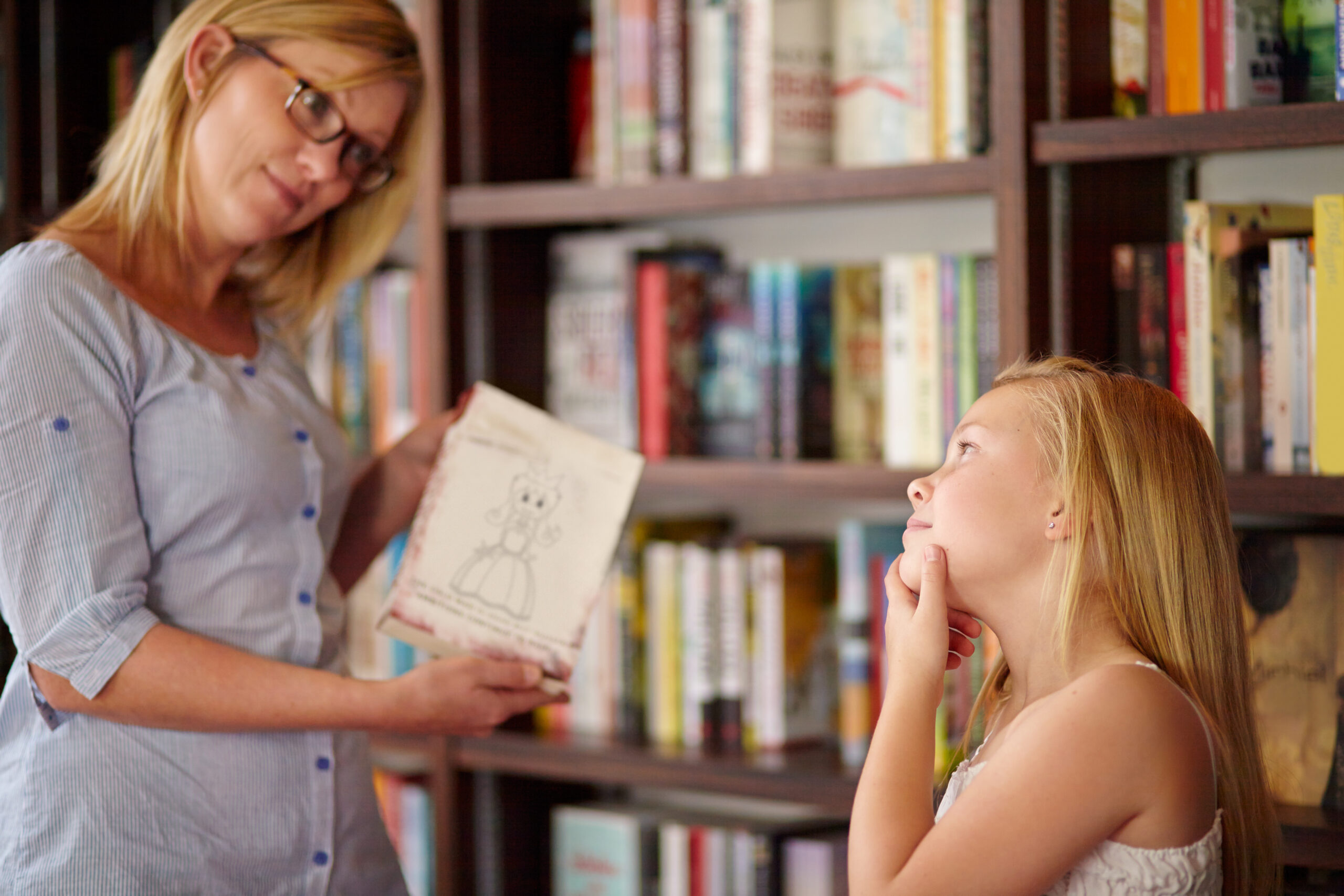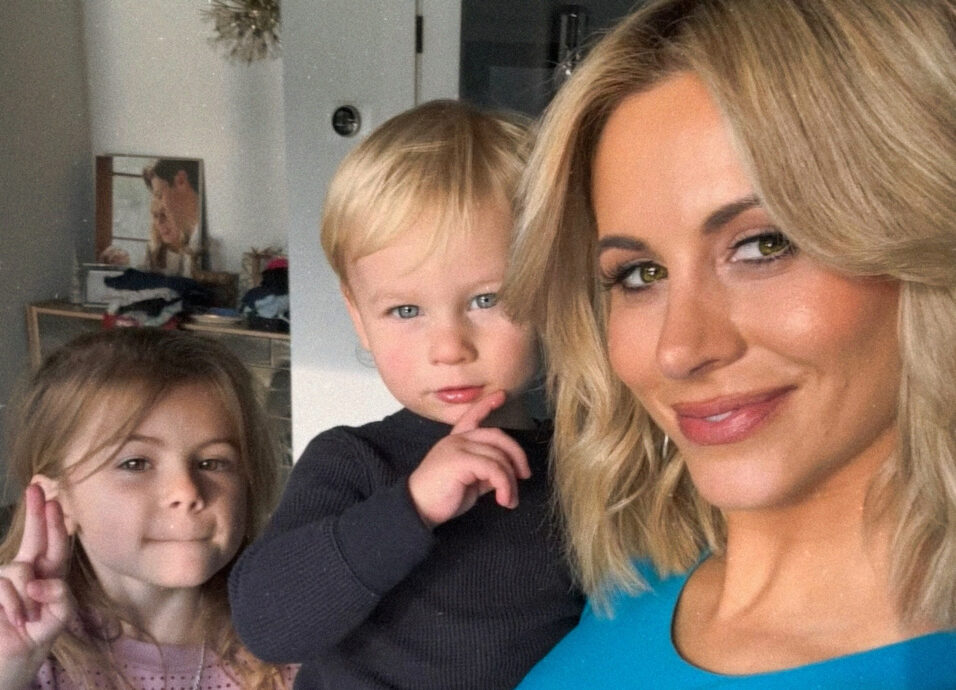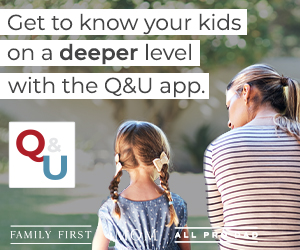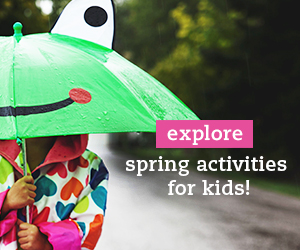When my daughter was in third grade she had a controlling friend who would tell her what to wear and what to do, and if my daughter didn’t listen to her, she would get all the other girls to ignore her. As a mom, it was so difficult to watch. Everything in me wanted to call the girl’s mom and tell her how her daughter was abusing mine. I had the phone in my hand when I realized my daughter needed to overcome this on her own or she could end up with a controlling and abusive husband. I worked with her on how to handle the situation and how to deal with the hierarchy of third grade. Eventually, she was able to get through it. She learned how to stand up for herself and deny the girl that kind of power over her. Eventually, she and this girl became really close, and she ultimately married a terrific man who treats her well.
It’s so tempting to jump in and protect your kids from reliving some of your own worst experiences. Sometimes your intervention on their behalf is necessary. But sometimes it’s better to guide them like a coach in the corner of the ring, teaching them how to deal with toxic friends. The relationships they have as children teach them how to interact with people all throughout life. They need to learn how to handle many different types of people. Here are some ways to help your child develop healthy relationship skills.
1. Work side-by-side with your kids.
Ask questions like, “What are some ideas to handle this person?” “What can you do when he/she’s mean?” “Can you talk to the teacher about it?” Share with them ways you’ve handled similar situations. Be empathetic to the struggles they’re going through. Ask them if they want your help.
2. Give them a chance to work through their problems.
Once they’ve come up with a plan give them a chance to implement it. Regularly ask them how the plan is going. If it is working celebrate their victory. If it is not working, offer some input of new ideas or help them brainstorm a new plan.
3. Have regular conversations regarding their friends.
Ask about them. Have them over to play. Watch their interactions with these friends. Does your child seem to act in ways contrary to their normal behavior when around them? If so, discuss your observations with your child after the friend leaves. Ask your child why they think they do that. This type of conversation helps your child to see the effect that person is having on them.
4. Take your child and their friends on outings.
Get to know them. Your own interactions with their friends will give you a lot of insight into their character and behavior. You also might get the opportunity to speak positively into that child’s life.
5. Keep an eye on your child’s behaviors.
If they start to act radically different, you may need to intervene. You might need to talk to the teacher and/or the child’s parents. You may need to help your child understand that this friend is not good for them and help them work through that reality.
What do you know about your child’s friends and how they interact?








